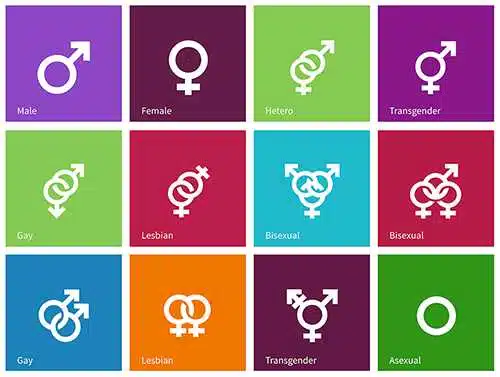Cambridge Dictionary recently gained attention when it changed its definition of ‘man’ and ‘woman’ to include the transgender community and expand the meaning of a person that identifies as a woman and as a man.
The original definition of a woman, ‘An adult female human being’ has been continued with an additional statement that reads, “An adult who lives and identifies as female though they may have been said to have a different sex at birth.”
The definition has been followed by two examples that also were inclusive of transgender people. ” She was the first trans woman elected to a national office” and “Mary is a woman who was assigned male at birth” are examples that follow the updated definition.
Similar changes were made to the definition of a ‘man’ and the examples that follow the updated definition are ” Mark is a trans man” and “Their doctor encouraged them to live as a man for a while before undergoing surgical transition”
Sophie White, a spokesperson with Cambridge University Press and Assessment said that they carefully studied usage patterns of the word woman and concluded that this definition is one that learners of English should be aware of to support their understanding of how the language is used.

Leroy Thomas’s reaction
When the news of the added definition started to circulate online, the Cambridge Dictionary had to go through backlash that mostly came from people with conservative voices and were quick to express themselves on Twitter with criticism for the decision.
Amongst all of these, Leroy Thomas, the communication director at the National Center for Transgender Equality, celebrated the move as the latest affirmation that ” transgender women are women”.
The rights of transgender people have always been a topic of discussion within the political circle and according to him, when some political leaders are trying to erase transgender people from society, it is important to understand that transgender people are who they say they are.
He also added that dictionaries don’t define languages but explain how they are already used. He said that this move is a reflection of how society is now broadly accepting LGBTQ+ people and is certainly inclusive of them.

Criticism
The previous definition of ‘man’ and ‘woman’ reflected outdated views on sex and assumed that gender and sex always adhered to each other. After the changes were made, the internet started flooding with criticism, one of which was from political commentator Steven Crowder who tweeted,” Remember, if you can control the language, you can control the population”.
Mary Rooke, the writer at Daily Caller, called the dictionary writers, “F-ing traitors to the truth”. She claimed that the Cambridge Dictionary is only the latest and if not stopped early from erasing women, our civilization might not be able to make it.
Some social media users however are giving it back to the people who criticized the move. “Guess what transphobes are upset now? You guessed the dictionary, didn’t you,” Evan Urquhart of Assigned Media tweeted.
Also, the UK-based group Bristol Leading Against Transphobia called the decision ” Fantastic News”.

We are on the Right Track: Le Maire












